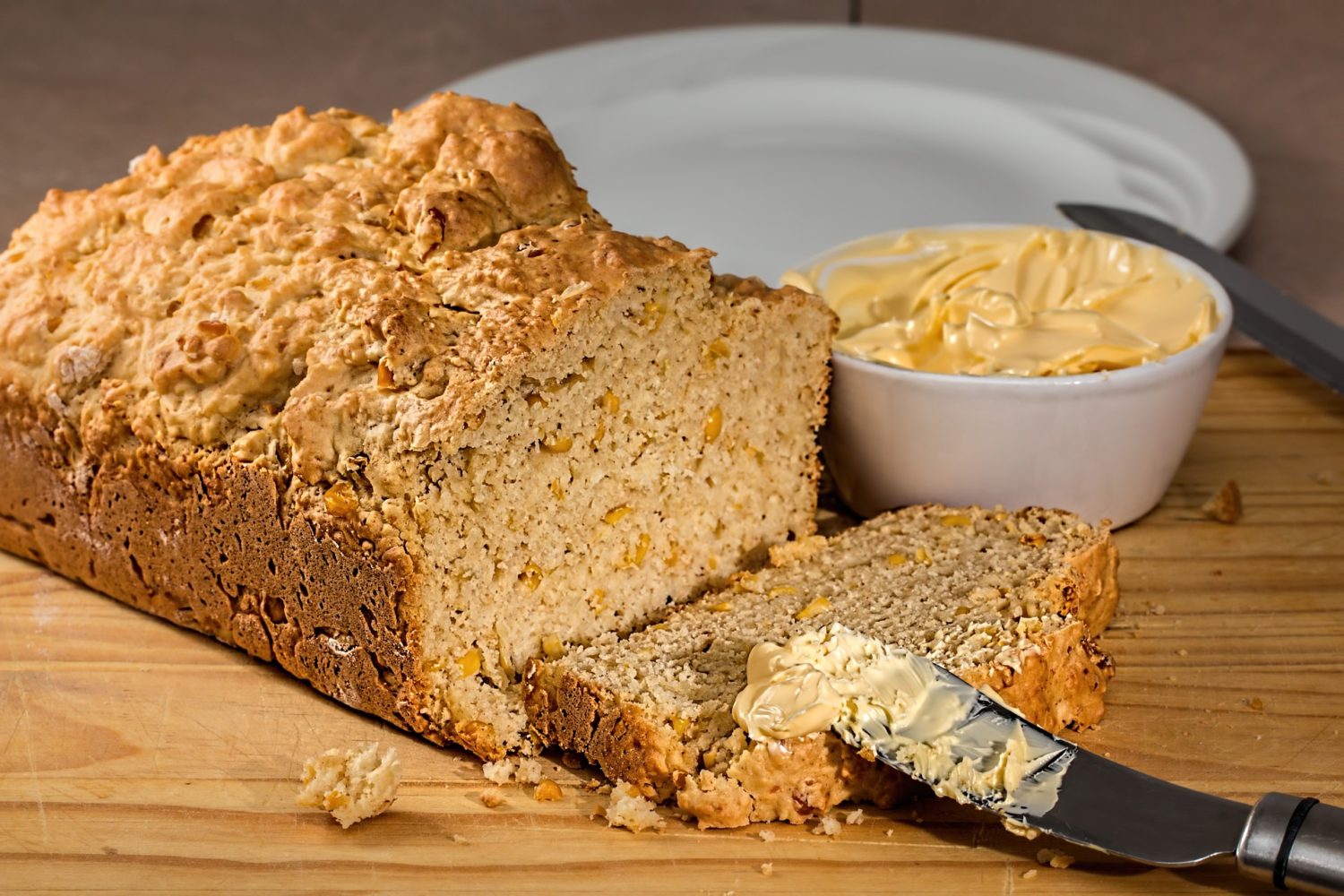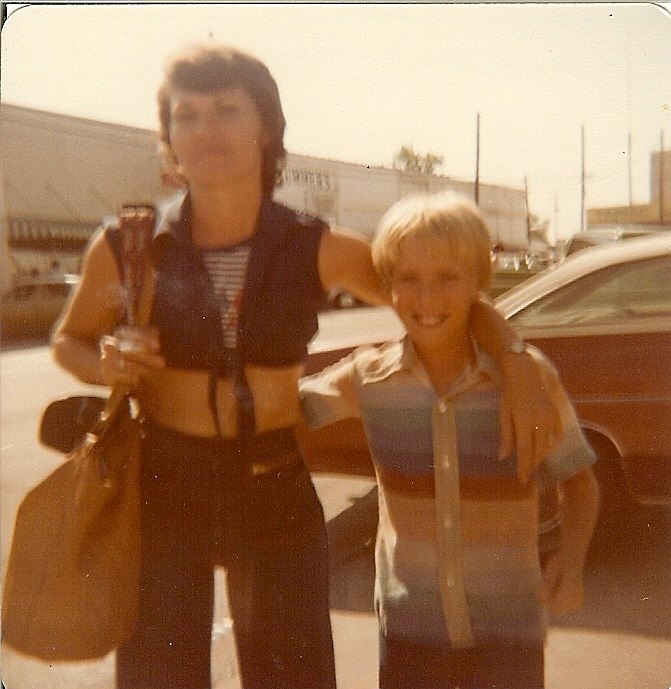Posted 1-29/2021
For it has been granted to you on behalf of Christ not only to believe in him, but also to suffer for him… Philippians 1:29
I am not a scientist. I know, I know…you surely thought with my vast skillset surely I studied neuroscience in community college…but sadly I did not. I have a BA if American History from Missouri State University and an MBA (Emphasis in IT Management) from Colorado Technical University. That qualifies me to be an expert on the brain, right? I mean, if Barbra Streisand is a qualified expert on politics because of her amazing singing prowess, I should be able to self-identify as a brain guy. I will print off my honorary diploma when I am finished here. Anywhooo….let’s take a few quickie looks at one brain concept that makes me go “Hmmmmm” when I think about dementia.
- Watch this little piece on Dopamine and structures which create and utilize it (a.k.a. the Reward System):
Now watch this one:
One more. This one isn’t completely on the topic at hand, but it has some reference to it:
Now skim through these articles a little 🙂
https://www.ncbi.nlm.nih.gov/pmc/articles/PMC4301575/
(Summary: “Patients with Alzheimer’s disease are largely only affected through apathy.”)
(Note: Dementia isn’t a mental illness in the traditional meaning of the term, but this piece does show some things we can learn. )
Key line: “Prediction error alludes to mismatches that occur when there are differences between what is expected and what actually happens. It is vital for learning. The scientific theory of prediction error learning is encapsulated in the everyday phrase “you learn by your mistakes”. When there is a mismatch between expectations and outcomes, this mismatch (or mistake!) is noticed, and, in order to learn effectively, expectations for the future are revised accordingly.”
This article may explain my point better than the rest (especially in the intro), but I wanted you to at least skim the rest first. 🙂 Sorry about that…mean Mr. Applegate:
https://www.ncbi.nlm.nih.gov/pmc/articles/PMC4826767/
https://www.psychologytoday.com/us/blog/evolutionary-psychiatry/201105/dopamine-primer
Conclusion: Prediction error is a very interesting topic, as is dopamine, when you study dementia. We LOVE stability and predictability. Better said, our brain LOVES routine. It loves predictability. If I drive down Highway 13 from my town, I eventually hit Springfield. If I exercise I lose weight. If…then… Our brain loves it. It can relax and save its strength for the fight or flight of everyday life and just sit on autopilot. “Prediction error” means we expect one thing…the dopamine is produced in preparation for this things’ pleasant feeling…and then it DOESN’T happen. That is when I brain wakes up and “learns”. The anticipation of the reward is more important than the reward itself…that is why the dopamine kicks off BEFORE the reward. That is why “new and exciting” generates a sometimes stronger response than the predicted thing and why we are always striving to predict better and better…while all the while being brain juiced in anticipation.
However, in dementia, this is just sad. This reward system is often completely out of whack. We cannot be rewarded because we have no handle on expected outcomes. We fear more and expect less. Apathy is caused, in part, by exhaustion of having to predict everything. Insufficient and excessive dopamine contribute to many, many of the symptoms faced by these soldiers…so much so that I started to wonder if there was some sort of logical preclusion from being a CAUSE…but it looks like another symptom rather than cause. In my book, the standard plaque and tangle double-enemy could merely be two obvious side effects of whatever is truly causing this mess rather than the cause itself…like a scar is a result of a cut, not the cause of it. After all, there are folks with dementia that have no plaque nor tangles and others have plaques and tangles with no dementia. The same applies to dopamine irregularity. There is lots of overlap in symptoms between these two groups of sufferers…but sadly dopamine seems to merely be broken with the rest of the brain.
And…my brain hates dementia and is getting no reward in “researching” topics like this beyond neat trivia, but it sure would love to be wrong. I guess I will keep looking and thinking and dreaming.
#EndALZ
Update: Thank you for your thoughts and prayers for my mom. Her wheezing has subsided. Further thickening her food seemed to help. She has lost a few pounds, but is still considered overweight and is eating as well as she can, all things considered…
It appears that the 2021 Walk to End Alzheimer’s will be in person again this year and not broken into a million small walks. We will strictly follow CDC Guidelines, but it will resume what it used to be and will be exciting!


Thanks Mark for being a blessing!
Mark I would like to know how you lost a 100 pounds. Tell your mother she done a great job with her family.
I appreciate your mother strength,
and her compassion.
I am doing the WW (Weight Watchers) plan and exercising. It is simple math with a dose of encouragement and science. I really like it. 🙂
Thank you very much!